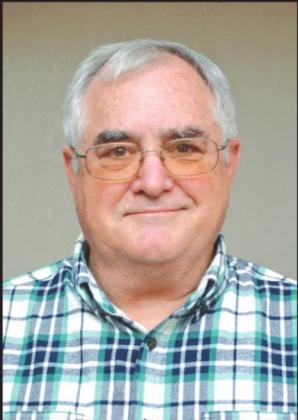Back when the earth was young, I could go to sleep in less than a minute in almost any environment.
During Army basic training, for example, we would take occasional 10-minute breaks during long marches.
I discovered one day that my backpack was an almost perfect fit for the ditches along the roads at Ft. Polk.
So, as soon as they gave the order to fall out, I would flop into the nearest ditch, stretch out and get a really nice nap while everyone else smoked cigarettes or slapped mosquitoes or whatever.
The pack filled up the ditch and made for a bed almost as flat as my mattress in the barracks.
I was the envy of the second platoon for my ability to get a drowse going almost on command.
These days, though, it has gotten out of hand, with intense drowsiness recurring almost every day.
So, my doc set up a sleep study, which was how I came to be at the hospital Thursday evening with an overnight bag in my hand and hoping that the results would identify a fixable problem.
It was my second sleep study, the first coming several years ago and resulting in me becoming a c-pap machine user.
The first time, I had trouble going to sleep. Being wired up like the control panel of a B-52 and in a strange environment with people looking in on your brain activity can have that efffect.
While the genial fellow was attaching the wires and explaining their purposes, I had a thought.
“You’ll know if I am sleeping?”
“Yes.”
“You’ll know if I’m awake?
“Yes.”
“Will you know if I’ve been bad or good?”
“I use that line on every patient who comes in here,” he said. “Now I don’t like you as much.”
“Sorry. I just wondered if Santa Claus ever dropped by to review the results.”
Turns out, he doesn’t, which was a relief.
I still had trouble sleeping, but still got in enough hours to qualify.
Now to wait on the results.
And to fondly remember a time when I could sleep soundly in a ditch and wake up ready to march another 10 miles.

